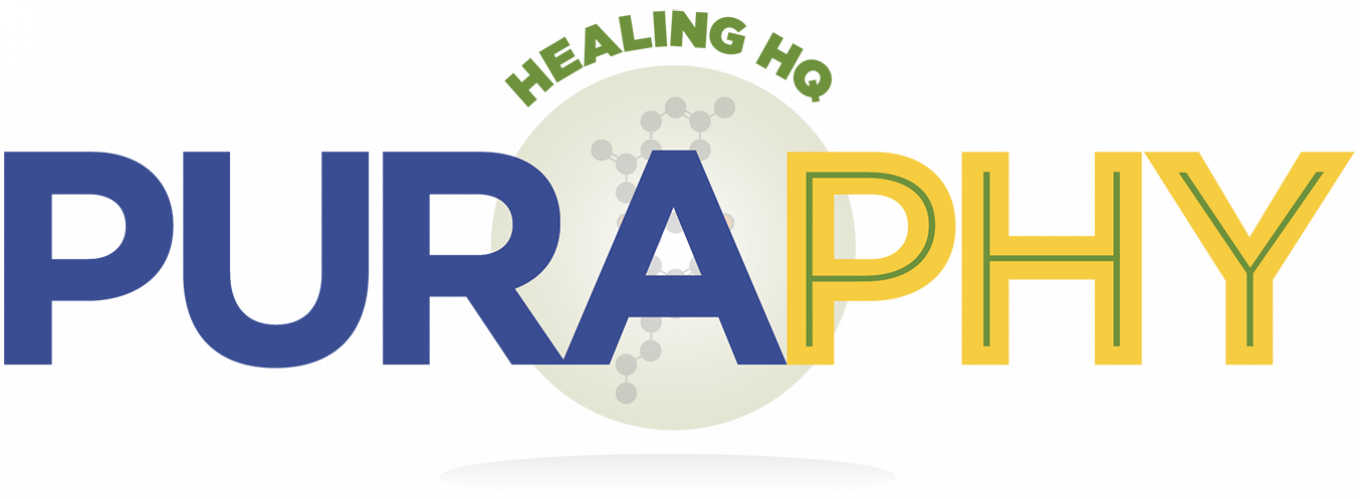PuraPhy’s legal expert answers the questions we most need to know.
John R. Armstrong, a founding partner of Horwitz + Armstrong, a law firm based in Lake Forest, CA, practices general business litigation and provides expert business legal advice. Since Armstrong also happens to be PuraPhy’s resident go-to for all things legal, we decided to pin him down and ask a few burning questions we thought may be helpful. You’re welcome.
BY RICHARD PÉREZ-FERIA

John, what’s the biggest mistake consumers make in the hemp oil/CBD space?
The biggest mistake consumers make is not checking to see if they’re buying hemp seed oil or hemp plant oil. Hemp seed oil has proteins, nutrients, and healthy fats but has little to no cannabinoids in it—that is little to no CBD. Whole hemp oil, however, does have cannabinoids in it, and usually is higher in CBD. If you’re using a hemp product to get cannabinoids, including CBD, you don’t want a product that says hemp seed, but just hemp oil, and hopefully it lists the cannabinoid and CBD content. These products are often confused as hemp seed product sellers know that their products are federally legally and are approved by the FDA but often try to suggest in their marketing and advertising that their products have cannabinoids like CBD when they do not. Conversely, whole hemp oil products haven’t been expressly approved by the FDA, and while the FDA hasn’t expressly prohibited the sale of whole hemp oil products, the FDA has indicated that hemp oil containing either THC or CBD would be considered “adulterated” so not available for consumption by humans or pets. The FDA hasn’t prohibited whole hemp oil products from being used in cosmetics or topical lotions.
What’s the likeliest outcome around the FDA’s current draconian policies surrounding CBD?
There is both huge consumer demand and business demands that CBD become an over-the-counter drug with appropriate warnings. The World Health Organization and the FDA’s initially took the view that CBD should be an over-the-counter drug, however, before the federal 2018 Farm Bill passed, CBD, as derivative of hemp, a cannabis plant, was still considered a controlled substances under the federal Controlled Substances Act, so the US Drug Enforcement Agency recommended that CBD be a scheduled, prescription only drug, and the FDA followed that recommendation. Since then, the FDA has hid behind its medical studies indicating massive doses of CBD for an extended period creates an enzyme in the human liver consistent with liver stress in some people to justify keeping CBD a prescription drug. The European market and several states, such as Colorado, have expressly legalized the sale of CBD products to humans and pets. California presently has a bill to also legalize CBD sales to humans and pets. So it’s likely that the FDA will make CBD an over-the-counter drug in the next 1-3 years but require warnings similar to those used for Advil® and Tylenol.®
Tell me, John, what’s the No.1 legal question you get surrounding hemp oil/CBD?
‘Is it legal to buy or sell hemp oil or CBD?’ is the question I’m asked most often. There is presently no federal prohibits for business to business (B to B) sales of CBD or hemp oil. The FDA is a consumer protection agency that regulates sales from businesses to consumers (B to C). The legality of sales of hemp oil, if made from a hemp plant using a natural process to consumers is less clear. Congress apparently envisioned such sales given the wording of the 2018 Farm Bill, but because this oil is naturally high in CBD the FDA is taking the position that natural hemp oil may not be legally sold to consumers if sold to be consumed orally. However, the FDA has mainly targeted companies making claims about CBD and hemp oil that are not backed by scientifically valid studies, rather than go after businesses selling natural hemp products to consumers that do not make claims about their hemp oil and CBD products. Again, whole hemp oil and CBD may be used in cosmetic and other topical products as these consumer products are not prohibited by the FDA.
Is there something everyone in this market should be doing right now to protect themselves legally?
Until there’s more valid scientific and medical studies, businesses should not make claims about their hemp or CBD products. Most consumers are better educated and have researched why they may want to consume hemp oil products or CBD to treat themselves based on other consumer’s writings about their own personal experiences regarding the benefits of using such products. That is, businesses should assume that if someone is looking for whole hemp oil products or CBD that they know what they want to use it for and so should not make claims or give directions on use until there is more science and medical evidence supporting claims about the benefits of consuming these products.
In ten years, the hemp oil/CBD industry will be…
It will be a multi-billion dollar industry, with CBD or hemp being added to sodas, energy drinks, protein shakes, waters, dietary supplements, food, etc. and you’ll be able to buy these products anywhere. Some restaurants in Europe are even using hemp leaves and flowers and seeds in salads, and that’s a trend that is expected to continue.

